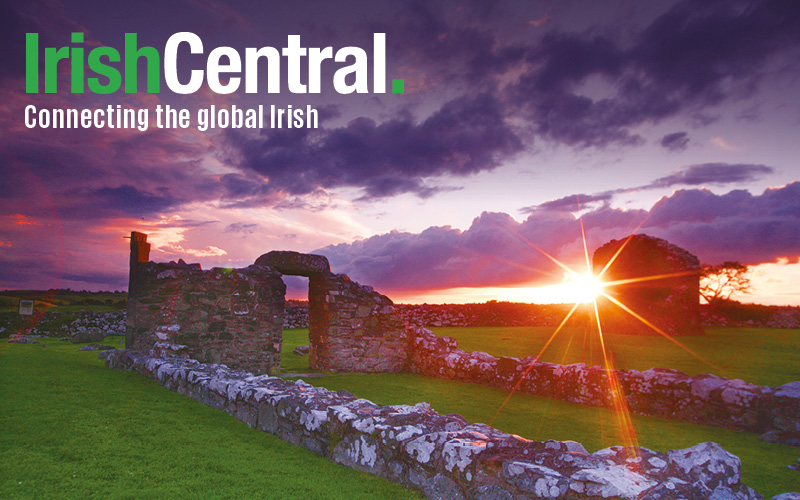Findmypast is working in partnership with IrishCentral to share fascinating insights into your Irish ancestors. Click here to get a special half price subscription, and discover your Irish roots today!
Up until we released 10 million Irish Catholic parish records earlier this month, there were very little mainstream records we could look in to find our Irish famine-era ancestors.
One of our core approaches to Irish genealogy at Findmypast is to use uncommon documents to find genealogical information.
Take a look at this list to see some of the more unexpected places you may be able to find evidence of your ancestors. Make sure to seize the opportunity to search – All of our Irish records are completely free, but only until March 7th!
We’d also like to make sure you know that you can win a free trip for 2 to Ireland, where you’ll get help from our experts to uncover your family history. We’ll also take you to your ancestral hometown! Enter for free.
1. Dog licenses
Beginning in 1866, Ireland began issuing dog licenses as a way to raise revenue. The registers also helped local authorities identify stay dogs and dogs that caused trouble by chasing sheep or damaging property. Many families in Ireland owned dogs – whether they worked the farm or were just family pets, the chances are good that there’s at least one canine in your family tree.
What you will find: You’ll be able to find your ancestor’s address, which is extremely valuable and not always easy to find elsewhere. But even better – you’ll find amazing information on the dog your family owned. Including the name, color, gender and breed of your family’s dog.
2. Prison registers (1790-1924)
19th century Ireland was heavily policed and had particularly high incarceration rates. You’ll find far more than hardened criminals in the 3 million names contained in these records – moral policing was common, and many were jailed for cursing or drunken behavior.
Famine circumstances often lead to jail as a result of stealing or vagrancy. Finally, during rebellious times, even slightly seditious behavior could land you in jail.
What you will find: name, address, place of birth, occupation, physical description, details of the crime and more.
3. Poverty relief loans (1821-1874)
This little-known record set contains some amazing information. Before and during the famines, the wealthy of Britain and Ireland made micro-loans to the poor of in the west of Ireland. If not for these loan records, we would have no information at all about the small farmers, tradesmen and shop keepers who suffered greatly during this time.
Even more fascinating is that they actually followed up on the loans, and often noted what became of these people. This record set is a chance to see if the famine had devastating effects on your family – the number of people that died of starvation or emigrated is staggering.
What you will find: names and location of the borrower, names of the guarantors (who were often friends or family), occupation, description of the circumstances, and what wound up happening to the borrower.
4. Dublin Workhouse Registers (1840-1919)
Even if your family lived nowhere near Dublin, you might be surprised to find them in these records. The extreme poverty of 19th century Ireland led hundreds of thousands of Irish to pass through these infamous institutions, where labor could be traded for meager food and a place to live.
Many entire families were forced into workhouses as their landlords took the land they could no longer pay for. The workhouses in Dublin were some of the busiest, where people from all over the country came to work.
What you will find: name, occupation, religion, birth year, details on family members, observations noted when admitted, date of death or exit from workhouse.
Not only will you be surprised to find some of your ancestors in these records, but you’ll be surprised at the detail information you discover – enough to paint a vivid picture of their life in Ireland before they came to America. Make sure you also check out our 5 most essential record sets for discovering your Irish heritage.




Comments